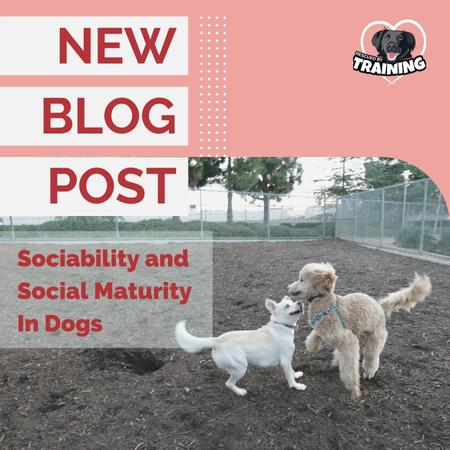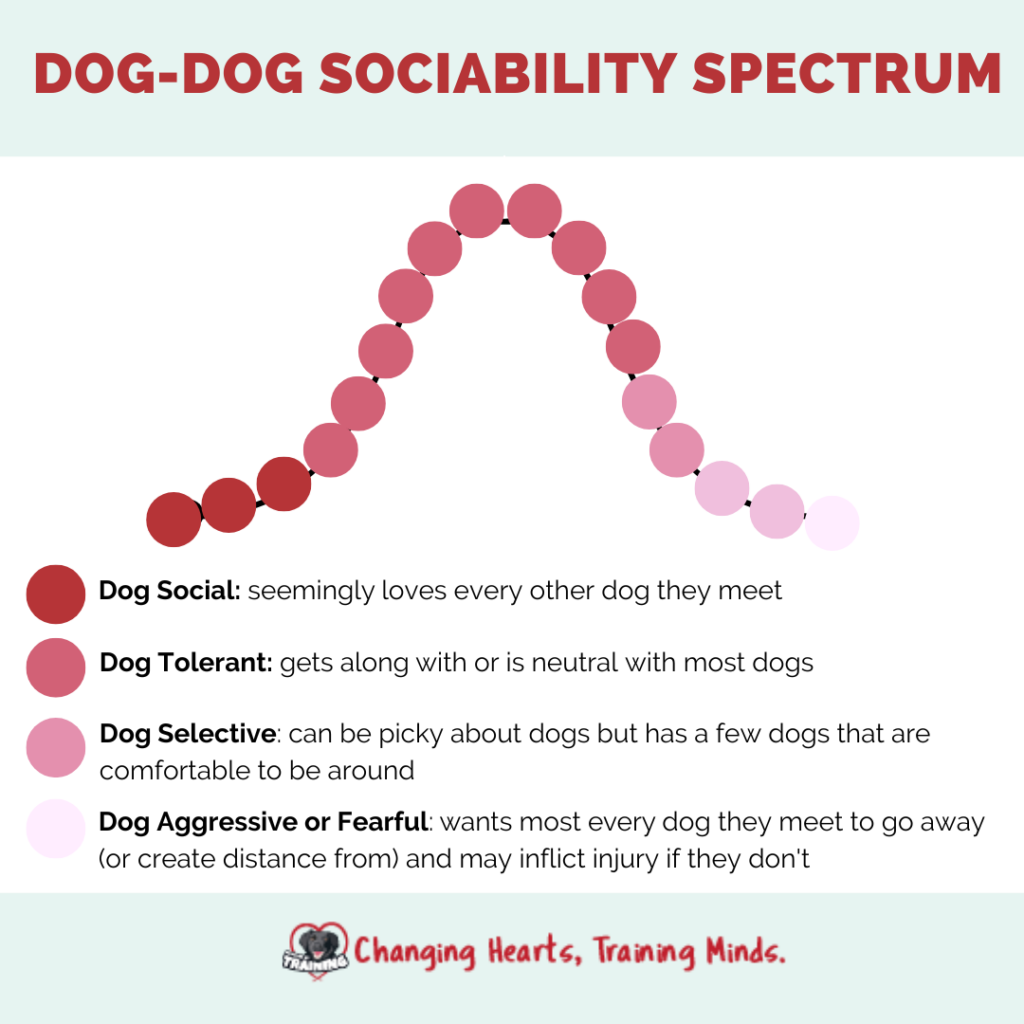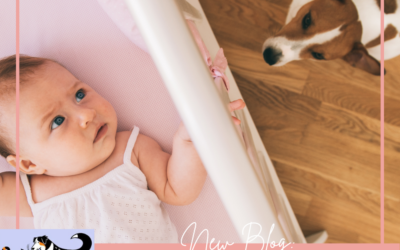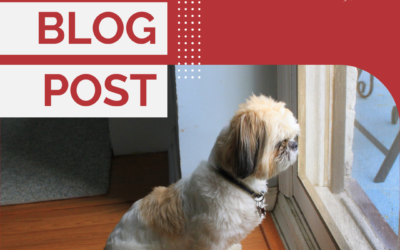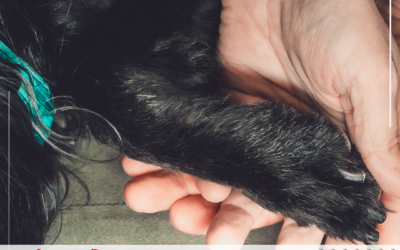Just like humans, dogs go through different stages of development over time, both physical, emotional and social. Every stage has its special moments. Puppies turn into uncoordinated juveniles testing boundaries then into unruly teenagers and then finally mature into an adult dog, and if we’re lucky, a salt and pepper faced senior.
Adulthood is where dogs tend to mellow out a bit and you reap the benefits of all your earlier commitment to training and socialization. But, this is also the time, around 1-3 years old (depends a bit on breed and size), when most dogs reach social maturity. There are several developmental changes, primarily related to dog-dog interactions, that occur in this window and many owners are often blindsided, and understandably upset, by these changes.
Your previously well-socialized dog, who loved every dog at the park and would play all day long if possible may suddenly have a:
- Decrease in general sociability – your dog may not be interested in playing as much as they once did. They may go to park and sniff or visit with the humans there instead of always romping with the dogs. And they may even snark off a dog who approaches them when they’re sniffing or visiting with humans as a way of saying “Get lost, I don’t want to play – I’m doing this activity instead.”
- Increased selectivity about playmates. Your dog may like his familiar friends but may not be on the welcoming committee at the dog park. Or may even snark off new dogs at the park or daycare. Just like people tend to make less new friends as we age, dogs can be similar.
- Decrease in tolerance in playmates. Your super social pup may grow much less tolerant of annoying puppies jumping, biting, pulling on ears or may not want to roughhouse like they used to. They may remove themselves from really enthusiastic players or may snark them off like an old man yelling “hey you kids, get off my lawn!”
And if we think about it, humans aren’t much different. We close our social circles, we gravitate to activities we know we enjoy, we get into routines and are comfortable with them. But also like humans, maturity looks a little different in every individual. Some dogs are hard players until their senior years. Others stop around age 2. Changes in your dog may be subtle or incredibly obvious. There’s no way to predict what it will look like. But however it manifests, it’s a normal part of your dog’s development.
It’s also important to understand that there is a spectrum of dog sociability. We should not expect every dog to love every other member of their species. Even the most friendly, social dog will eventually find some dogs they don’t like, just as even the most outgoing person you know doesn’t like some other humans. It’s an unrealistic expectation to think every dog “wants to say hi” or will be friends with every dog they meet. And if we think this, we’re just setting our dog and ourselves up to fail.
Dogs are allowed to say no. Dogs are allowed to opt out. But we often get freaked out by them saying no, because dog communication involves growling, teeth gnashing and lots of noise. But, there is a difference between an argument and assault. There’s a difference between you yelling at someone for cutting you off in traffic and you getting cut off and then jumping out of the car to bash their windows and punch them in the face. Non-injurious fights or squabbles are normal. It’s how dogs communicate.
What can you do?
- Accept it. Realize social maturity is normal and your dog isn’t suddenly a bad dog, they’ve just come into their own and has decided what they like (or doesn’t).
- Protect your dog. Forcing them into situations where they’re no longer comfortable isn’t going to help. Maybe that means no more dog park but you can do curated one-on-one playdates with familiar or mature play buddies, not the new puppy down the street.
- Find other ways to do fun activities. Maybe it’s time to find other activities to enjoy together like trail walks, sniffaris or take a class together like nosework or tricks. Increasing enrichment can help tire your dog out if they’re not getting as much physical play as they used to and can give them healthy outlets for other doggy skills.
Accepting and loving your dog as they are, at every stage of life, will make you both happier. I promise.
If you need help with your reactive dog or any other issue, you can schedule your session here!
Happy training!
![]()

